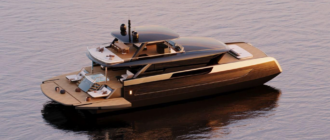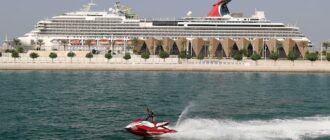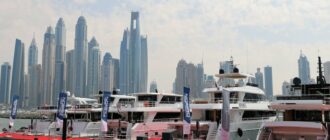Anxious families in Bangladesh speak to crew held on board MV Abdullah by armed captors for almost two weeks

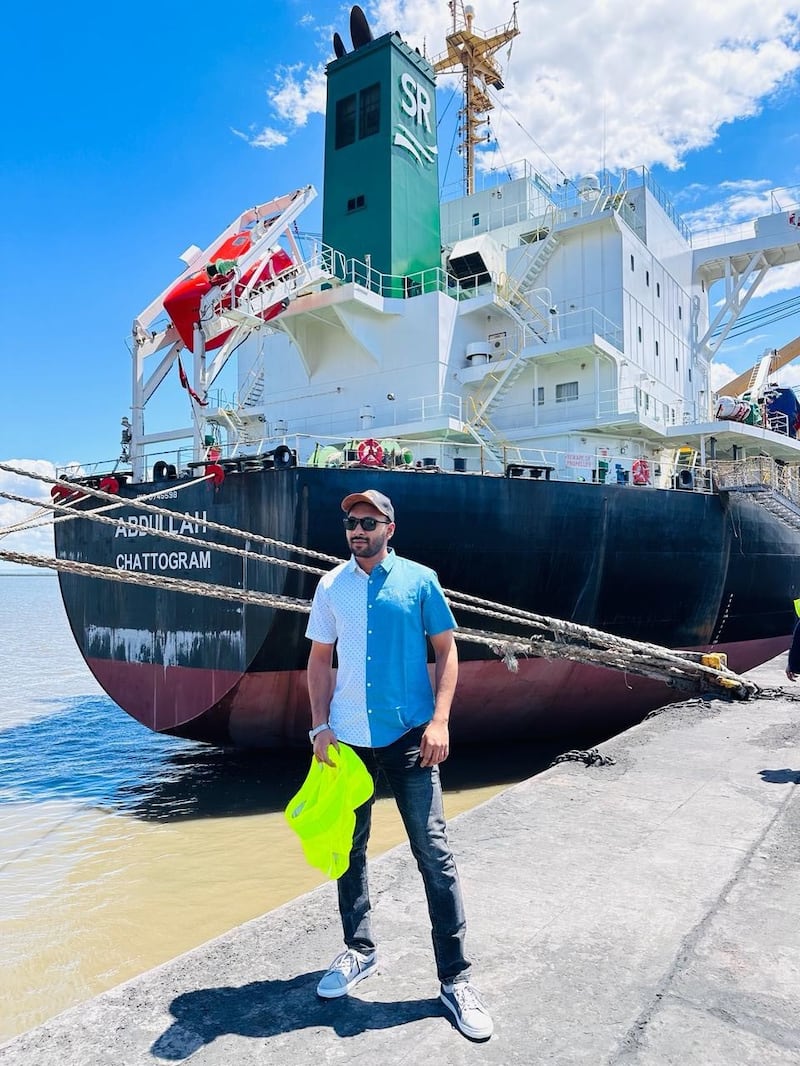

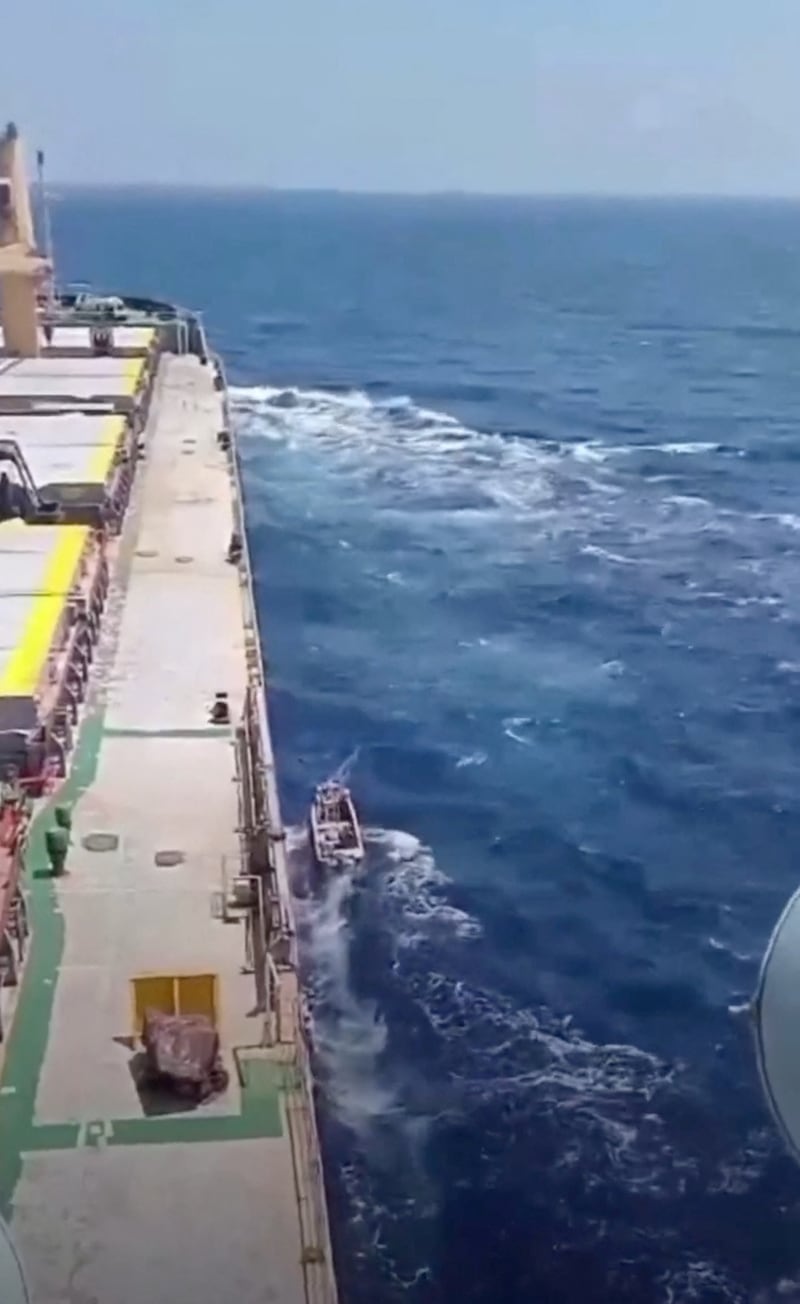
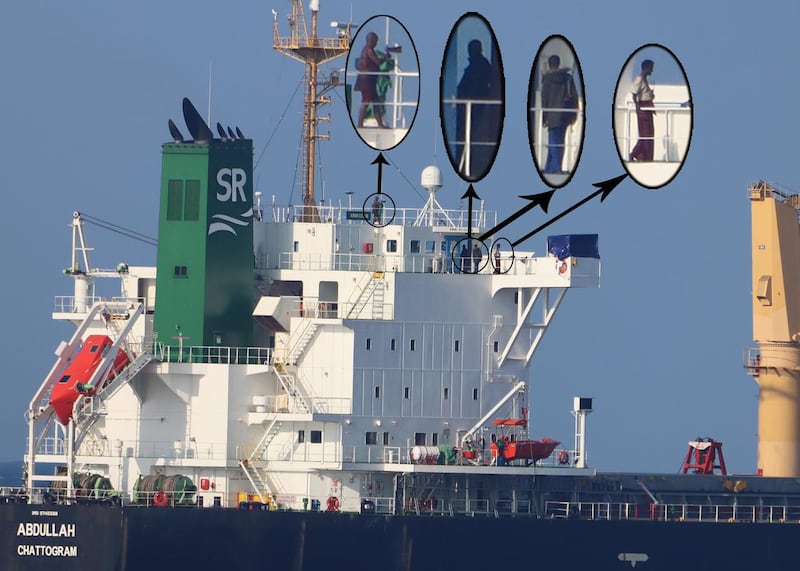

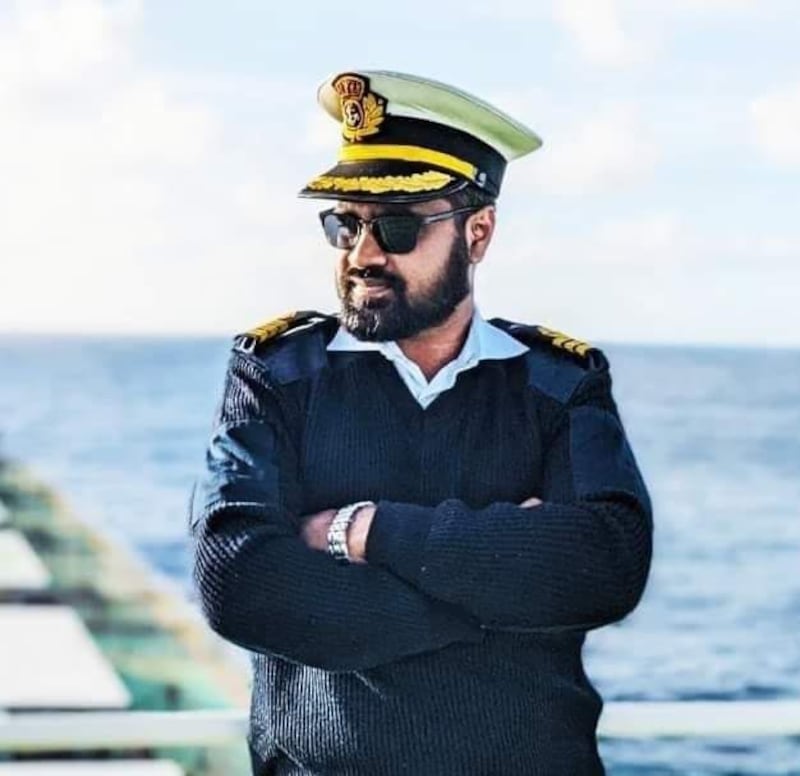
Ramola Talwar Badam Listen In EnglishListen in ArabicPowered by automated translation
Bangladeshi sailors taken hostage by Somali pirates have spoken to their families for the first time since their cargo vessel was seized last week.
Somali pirates hijacked the Bangladesh-flagged MV Abdullah that was carrying coal from Maputo, Mozambique to Al Hamriya port, UAE, with 22 crew on board on March 12.
Relatives have described the terror and psychological trauma the men are experiencing with Somali pirates wielding AK-47 assault rifles on board.
They have also raised concerns of dwindling supplies of fresh water and food as the ship was scheduled to reach the Emirates earlier this week.
Every day we are scared something will happen to himMainul Hoque about his brother Ainul Hoque, among 22 Bangladeshi hostages being held by Somali pirates
The ship owners, SR Shipping Lines, confirmed the men were safe and all efforts were being made for the return of the crew and vessel.
“My brother is very nervous, they are all scared, their water will be finished very soon and if the food gets over – they are worried,” Mainul Hoque told The National from Chittagong, after the family spoke to his brother Ainul Hoque who is among the hostages.
“He said, ‘What will happen when the food gets over, what will we eat and drink?’”
The pirates demanded the crew give up phones and electronic devices and after several days permitted them a few minutes to speak to their families on the ship’s satellite phone
Mainul’s 30-year-old brother, an engineer, has been a seafarer since 2016 and the family are terrified of the danger he is in.
“My mother told my brother, ‘Be strong, you will come back to us very soon’,” he said
“The pirates are not yet trying to hurt them but we can’t sleep because of the tension.
“Every day we are scared something will happen to him.”
Rescue efforts continue
A group of about 15 to 20 pirates took control of the ship carrying 55,000 tonnes of coal when it was about 500 nautical miles away from the Somali coast last week.
At gunpoint, the pirates forced the crew to sail to Somalia.
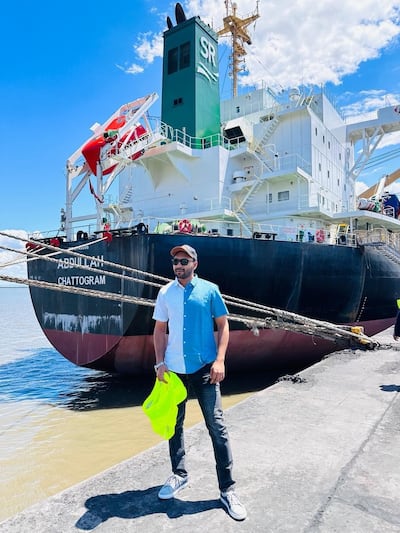
A group of about 20 pirates took control of the MV Abdullah, which was carrying coal from Maputo, Mozambique, to the UAE and took the Bangladeshi crew including Ainul Hoque (pictured) captive. Photo: Hoque family
Meherul Karim, chief executive of SR Shipping, which is part of the Bangladesh-based KSRM Group, confirmed the crew were safe, but declined to speak about negotiations with the pirates.
“The crew are in good health, they are calling their families and we are in contact with the families,” Mr Karim said.
“The pirates allowed them to use the ship’s satellite phone to call their families.”
When asked about the company’s communication with the pirates, he said, “Everything is being done to get the ship released without any injury and application of force.
“We are doing everything possible to get the vessel out as early as possible.”
This is the second time that a vessel owned by the group has been hijacked by Somali pirates.
In March 2011, pirates released 26 hostages from the MV Jahan Moni after 100 days in captivity.
Mr Karim was part of the team that negotiated the release of the crew more than a decade ago.
“We are in a team and working together,” he said.
“We will use all the experience we have to bring the men home safe.”
‘How can we eat when my son is not getting food’
The family of Mohammed Atikullah, the ship’s 35-year-old chief officer, said they were relieved to speak to him but were anxious about the crew’s mental wellbeing.
“My brother said ‘just pray for us’,” Mohammad Asif, his younger brother, told The National from Chittagong.

The family of Mohammed Atikullah, chief officer of the MV Abdullah (pictured), have expressed relief that he is safe although still being held hostage after the cargo vessel was hijacked by Somali pirates. Photo: Asif family
He said they were fine and there was no need to worry.
“He tried to make us feel better,” Mr Asif said.
“After the call, we felt a bit of relief. Before that, we were in panic mode every day.
“Even though he told us they [pirates] didn’t harm them, I know that mentally they are not well.
The pirates had machine guns, AK-47s, and other heavy weapons, Mr Asif said.
“All crew are in one room, the bridge room, at night but they are not sleeping well,” he added.
“We want them to get back safe soon.”
The thought of their loved one on a ship with gunmen had shaken his wife and young children and mother.
“We are going through very hard times, my mother is crying every day,” Mr Asif said.
“She says my son is not getting food properly, how can we eat.”
Several hijacking attempts off the Somali coast since December have triggered concern about a resurgence of piracy.
This coincides with a surge in attacks by Yemen’s Houthi rebels targeting merchant ships passing through the Red Sea in retaliation against the military operation by Israel in Gaza.
Naval forces from multiple nations have stepped up patrolling following a rise in piracy and drone attacks in the Gulf of Aden, Red Sea, Arabian Sea and the Indian Ocean.
In the case of MV Abdullah, the Indian Navy said it responded to an SOS call from the cargo ship and had deployed a patrol aircraft.
An Indian warship tried to establish communication with the crew but did not receive a response and stayed with the vessel until it entered Somali waters.
In a separate incident, the Indian navy rescued 17 crew and took control of Maltese-flagged bulk carrier MV Ruen on March 16.
Read moreNaval warship patrols stepped up to keep Somali pirates at bay
The navy said all 35 pirates surrendered marking the end of the takeover of the Bulgarian-owned vessel that was hijacked in December 2023 – the first time since 2017 that any cargo vessel was successfully boarded by Somali pirates.
Somali gunmen caused fear in the maritime world when attacks peaked in 2011 and pirates took dozens of crew hostage and demanded millions of dollars in ransom.
Piracy incidents fell sharply in recent years after the international naval presence was expanded in high-risk areas off the Somali coast.
Updated: March 22, 2024, 1:57 PM



